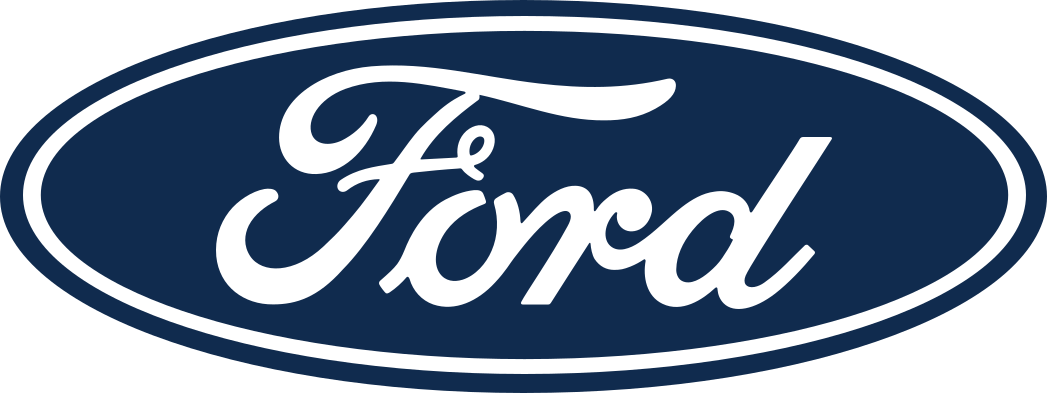FORD, SK INNOVATION ADD 6,000 JOBS IN TENNESSEE; WILL WORK TOGETHER TO STRENGTHEN LOCAL COMMUNITIES AS FORD CREATES NEW MEGA CAMPUS
- Ford and SK Innovation plan to create approximately 6,000 new jobs in west Tennessee, investing $5.6 billion to build a 3,600-acre mega campus called Blue Oval City, designed to be the largest, most advanced and most efficient auto production campus in Ford’s history
- As part of the development of Blue Oval City, Ford will work with the community to build this future together; Ford will partner with Tennessee on technical training and education in addition to new, nationwide $525 million investment in technician training
- Ford Fund, Ford’s philanthropic arm, has contributed more than $6 million over the last 10 years to support community organizations, including the National Civil Rights Museum, the Country Music Hall of Fame and other local organizations that improve the quality of life in Tennessee; Ford supported local Tennessee communities during the recent flooding
STANTON, Tenn., Sept. 29, 2021 – Ford Motor Company is announcing plans to create an environmentally and technologically advanced campus in west Tennessee that will produce the next generation of electric F-Series trucks and batteries. The all-new $5.6 billion mega campus in Stanton, Tennessee, called Blue Oval City, will create approximately 6,000 new jobs and help strengthen the local community.
Blue Oval City will become a vertically integrated ecosystem with key suppliers, worker education and training facilities, and battery manufacturing and recycling on site. Ford’s new assembly plant is designed to achieve a vision of carbon neutrality, zero waste-to-landfill and, once fully operational, meet the company’s air emission goals and strengthen local communities.
In partnership with the state, Blue Oval City will also be home to innovative worker training and technical education programs to help train Tennesseans for the advanced manufacturing jobs of the future.
While the creation of Blue Oval City is crucial to the company’s long-term vision to lead America’s transition to electric vehicles and introduce more sustainable, carbon-neutral manufacturing, it also represents a commitment to west Tennessee. For more than 118 years, Ford has remained committed to strengthening the communities where the company operates. As work begins at Blue Oval City, Ford will engage with the community in creating this future together.
“Ford couldn’t be more delighted to make this historic investment in west Tennessee, a state that has supported Ford and the automotive industry for years,” said Lisa Drake, Ford North America chief operating officer. “As we embark on this journey, Ford will be a good neighbor and work hard to enrich and give back to the communities we are joining. We look forward to working together with the local community to create this future.”
“West Tennessee is primed to deliver the workforce and quality of life needed to create the next great American success story with Ford Motor Company and SK Innovation,” said Tennessee Gov. Bill Lee. “This is a watershed moment for Tennesseans as we lead the future of the automotive industry and advanced manufacturing.”
Today, Ford Credit’s Nashville Business Center employs nearly 800 people. Ford also operates a parts, supply and logistics distribution center in Memphis that employs about 150 people, and has 65 dealerships with 3,600 employees throughout the state. As Ford builds out its presence in Tennessee with Blue Oval City and through its overall national investment of $525 million in technician training over the next five years, the company will continue to focus on ensuring diversity, equity and inclusion in its hiring and training programs and across its entire supply chain by working with women-, minority-, veteran- and disability-owned businesses.
A study by Boston Consulting Group highlights Ford’s economic impact in Tennessee, including supporting 18,000 direct and indirect jobs in the state, and a state GDP contribution of approximately $1.8 billion.
Through its philanthropic arm, Ford Fund, Ford has contributed more than $6 million to programs that support Tennessee communities in the last 10 years, and through Ford Volunteer Corps, Ford employees have dedicated 7,000 hours to serving the needs of people and organizations in Tennessee. Ford Fund is a long-time supporter of the National Civil Rights Museum, Country Music Hall of Fame and other organizations that improve the quality of life in Tennessee. This past August, Ford and Ford dealers stepped up to help communities with vehicles and other essential needs during the devastating floods. Throughout the COVID-19 pandemic, Ford has donated more than 1 million pieces of personal protective equipment in Tennessee.
# # #
Note: IHS Markit global vehicle registrations are compiled from government and other sources and capture 95 percent of global new vehicle volumes in more than 80 countries. Sports cars, as defined by IHS Markit, include all vehicles in the IHS Markit Global Sports Car segment. Mustang is America’s best-selling sports car over the last 50 years, based on Ford analysis of 1966-2018 total U.S. new vehicle cumulative registrations for all sports car segments supplied by IHS Markit.
For Aftersales / Parts / Warranty enquiries, contact our Customer Care Centre at 1300 383 181 Monday – Friday 9AM to 5PM (excluding public holidays) or email customercare.sdac@simedarby.com.
Click the button below to get the conversation started.

